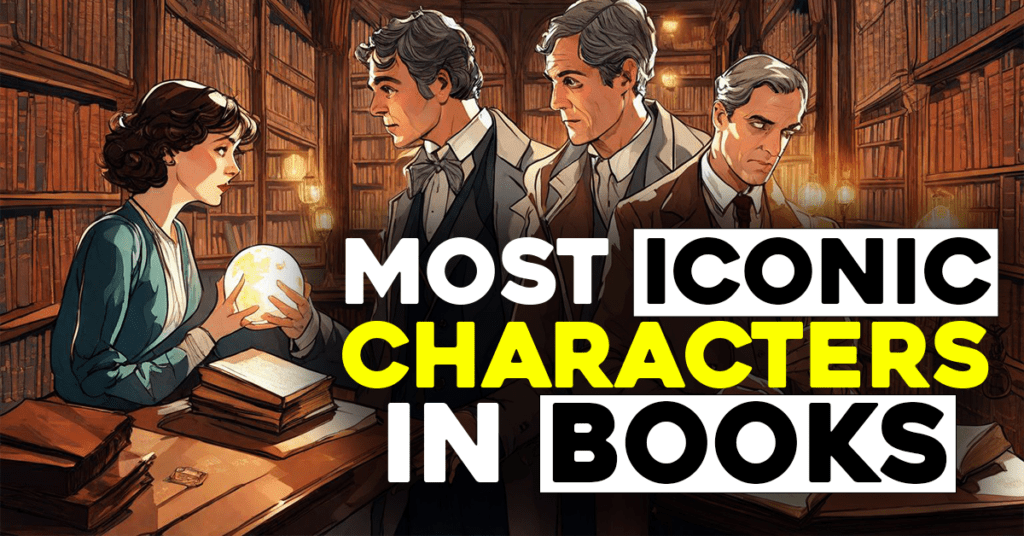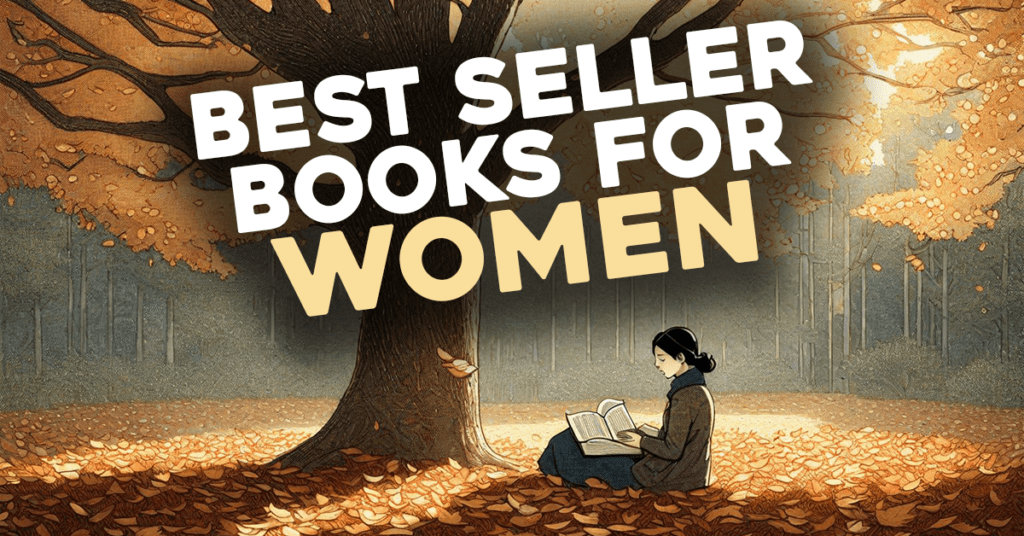Welcome fellow reader! What makes us look back at the last page of a book and remember some characters for almost forever. Well come to think of are about to do just that today, as we take our deep dive into the minds of some most iconic figures in book history. Therefore, make yourself some tea relax and lets take this incredible journey together. – Most Famous Character
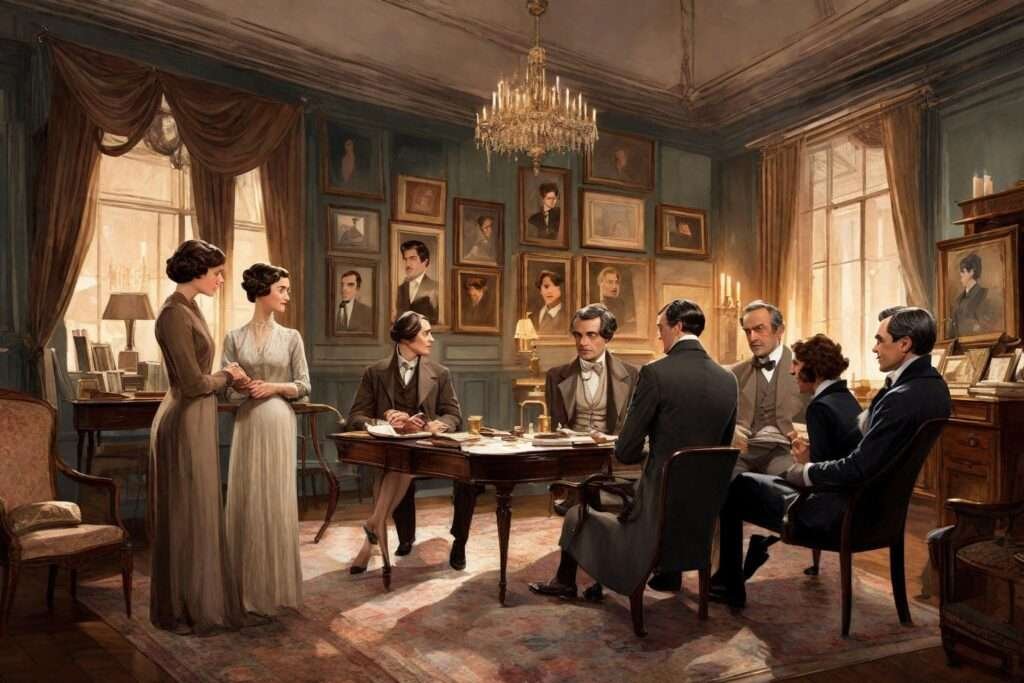
Introduction of Most Famous Character
Characters who infiltrate immortality
Characters in stories exist to do more than fill the pages, and they serve as literally life long friends and enemies (and even become part of your family sometimes). Their trials and tribulations, their triumphs-in-failure framing the template of our existence; affecting our opinions often dictating even…our aspirations.
THE SETUP: WHAT IT TAKES TO MAKE AN ICONIC CHARACTER
But what makes a character iconic? Is it their charisma, character depth or impact on society for the wider community? It may be a combination of the three, or other factors as well. Well unmask this mystery together.
Readers vs. Characters: An Enduring Behavior Leaving A Continual Admiration
So we are emotionally attached with such personalities We shed tears, we laugh and every now an then there is a silent internal scream when something occurs on the pages. These figures are rendered immortal due to the energy that goes into such endeavour. And thus, the ink spills and they live again.
The Defining Moments of Literary Giants
Sherlock Holmes: The Embodiment of Deduction
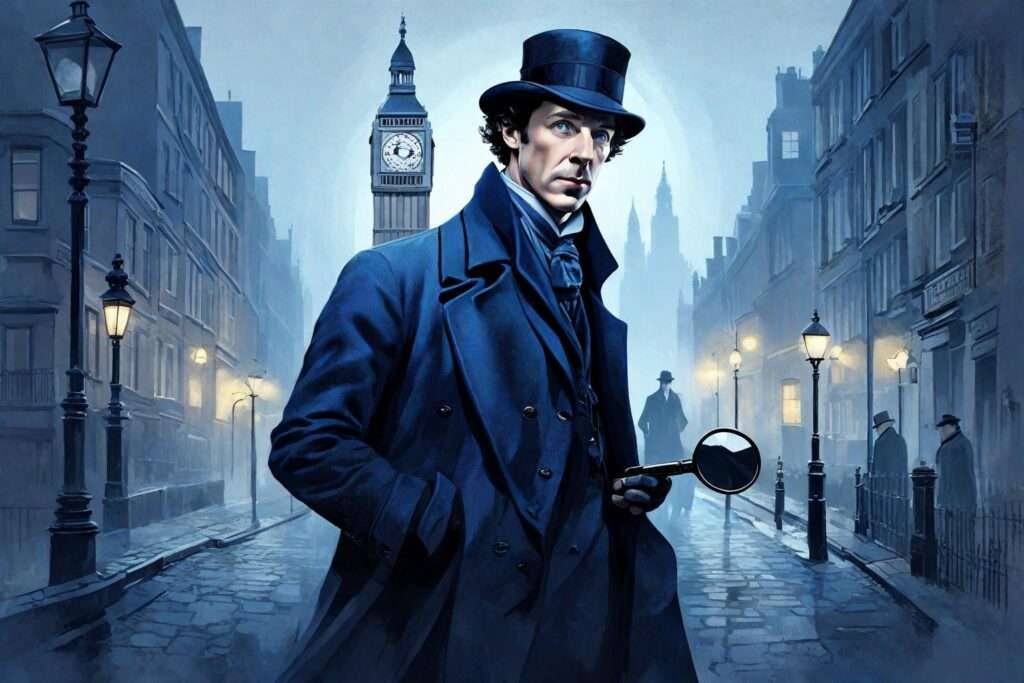
The Birth of a Detective Icon
Sherlock Holmes is not just the detective with pipe and deerstalker cap; he is the detective. The creation of Sir Arthur Conan Doyle, Sherlock Holmes symbolized keen observation and deductive reasoning.
The Lasting Mark Sherlock Has Made on Modern Media
Countless actors have played Sherlock Holmes, including Benedict Cumberbatch and Robert Downey Jr. Every adaptation injects something somewhat new while ensuring they capture the essence of Doyle’s first work.
The Evolution Of Sherlock Holmes: Changing With The Generational Tides
Indeed, Holmes’ demeanor has evolved over time to meet the demands of different audiences while keeping its core tenet at front and center—a keen intellect fixed on grappling with some great puzzle.
Elizabeth Bennet: A Revolutionary in Petticoats
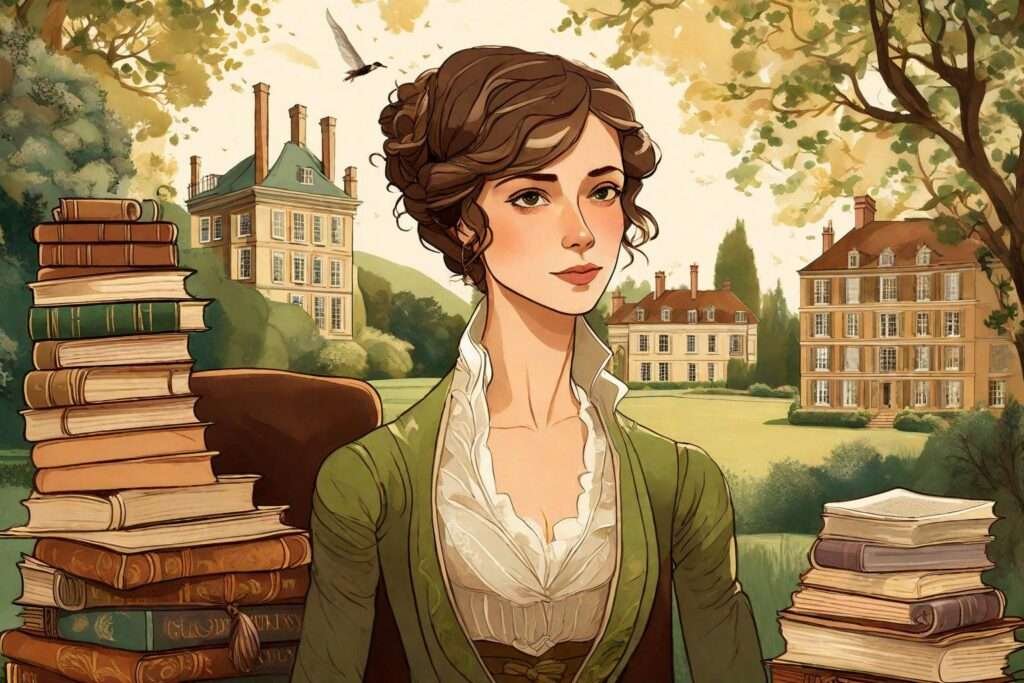
Institutions Out Of Order: Elizabeth and feminist fiction
The wise protagonist of “Pride and Prejudice,” Elizabeth Bennet, defied the conventions of social norms in her time., some even argue that Belle is a transplant from Austen’s era ghosted onto an 18th century French village.
Wit and Character are Timeless
Elizabeth shines, as she is unapologetically her fabulous self and incredibly smart She serves as a lamp rest to any reader who needs be guided through life.
The Influence of Pride and Prejudice on the Romance Genre
Created by: Jane Austen This was the Booker of its day, and set a high bar for casting chemistry in subsequent romances- can couples on screen bring to life “smart AND funny” became an important yardstick.
Ever looked about best philosophical books?
Jay Gatsby: The American Dream Personified
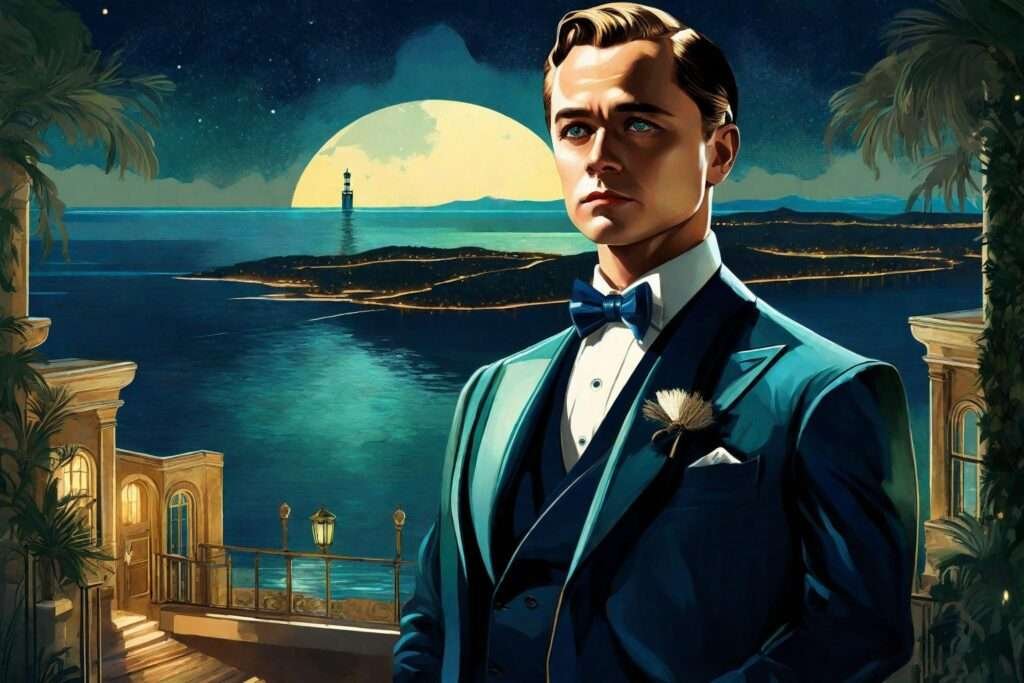
A false realm of plenty and affection
Jay Gatsby’s opulent existence and unattainable affections for Daisy Buchanan epitomize the American Dream itself – wild ambition, with an inevitable vacuum at its heart.
Gatsby’s Fatal Flaw: Past Perfection!
This is merely an exacerbation of people dwelling in the past, something Gatsby does with his reclamation of a loved lost and that many more have done at some point.
Comments on The American Dream in the Great Gatsby
The great American novel critiques the false promise of possibility promised by the nation, but which forever proves impossible.
Hermione Granger: The Heroine Who Valued Books and Cleverness
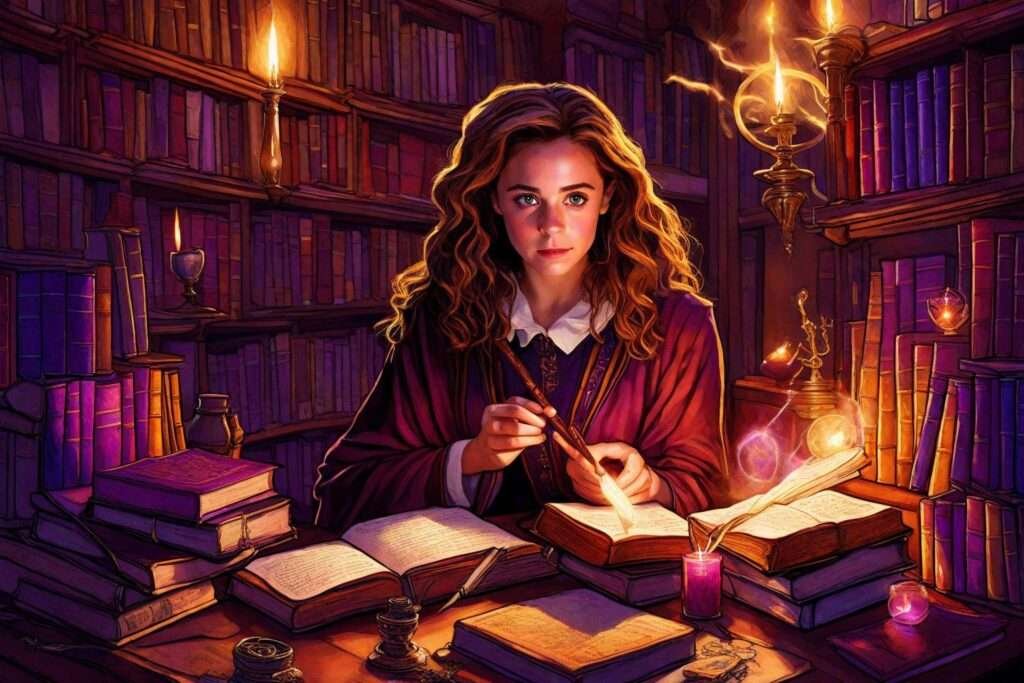
Stereotypes Broken: Brain over Brawn
It was in the form of Hermione Granger – who may have been physically outpaced by Harry Potter and Ron Weasley, but served as an invaluable reminder strength does not simply come from being able to beat some sense into a suspect with one’s fists.
How The Supporting Character Hermione Grew To Be A Cultural Icon
Hermione was introduced as a supporting character, but eventually became more prominent in the books which lead to adaptations of Hermione being marked stronger-willed than hermates and has (often considered controversially) been classified by some critics &cultural commentators,and powerful female literary characters.
How Hermione Granger changed Gender Roles in Fantasy
Through her prioritization of books and intelligence, Hermione defied the norms associated with femininity inspiring a generation to think that smart is cool.
Atticus Finch: The Moral Compass
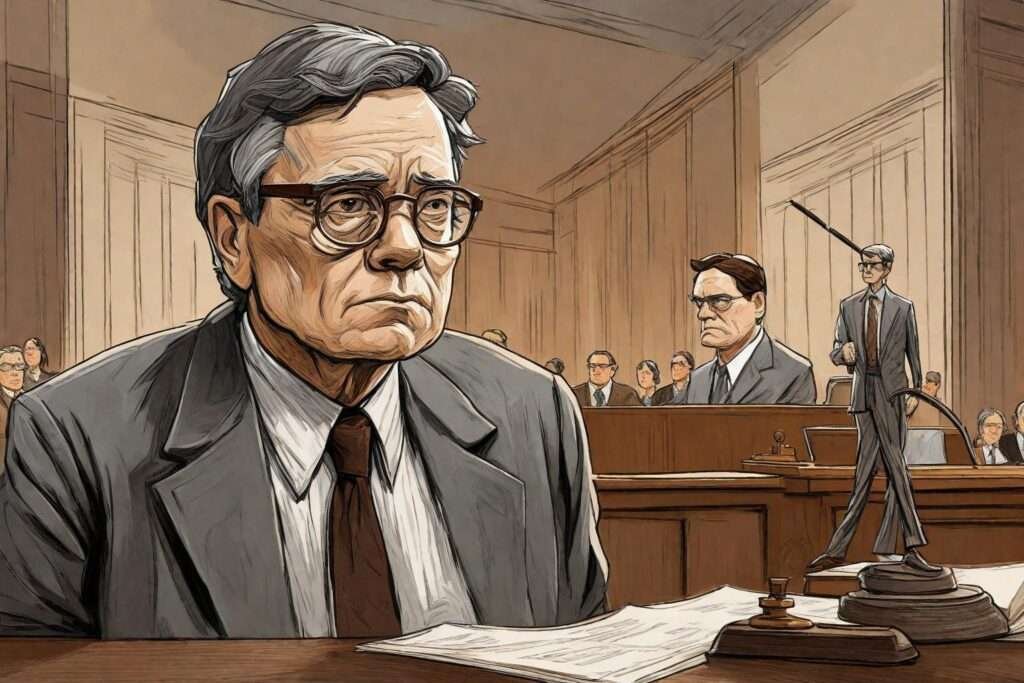
Fighting for fairness and ethics | Most Famous Character
One of the novels that won a Pulitzer Prize was “To Kill a Mockingbird” by Harper Lee crawling into Atticus Finch father idealized justice, equal respect and ethics for readers as moral bay.
The Place of Atticus in American Literature and Social Change | Most Famous Character
Both Atticus’s defense of Tom Robinson and his lessons to his children have become yet another raw nerve in the history of racial inequality discussions in American literature.
Empathy and Understanding of To Kill a Mockingbird | Most Famous Character
Through him, Lee’s novel teaches the lesson of empathy and understanding – one that has resonated far beyond its Civil Rights era context to still be true today.
Crossing Cultures: The Universal Appeal of Most Famous Character
Identify Common Ground: The Star Of Humanity | Most Famous Character
At the same time, Greatest Character also transcends their fictional realms by echoing virtues and standards intrinsic to all humans no matter where they may be in space.
How Translations and Adaptations Bridge Cultural Gaps: Biggest Star | Most Famous Character
They have been translated and adjusted in a variety of cultures, reviving the character as courage, love, ambition… survival.
Contribution of the Most Famous Character Paving Way for Global Bonds | Most Famous Character
Surrogates for their cultures, these heroes build an international network of shared story-telling-the universalism that libraries strive to support.
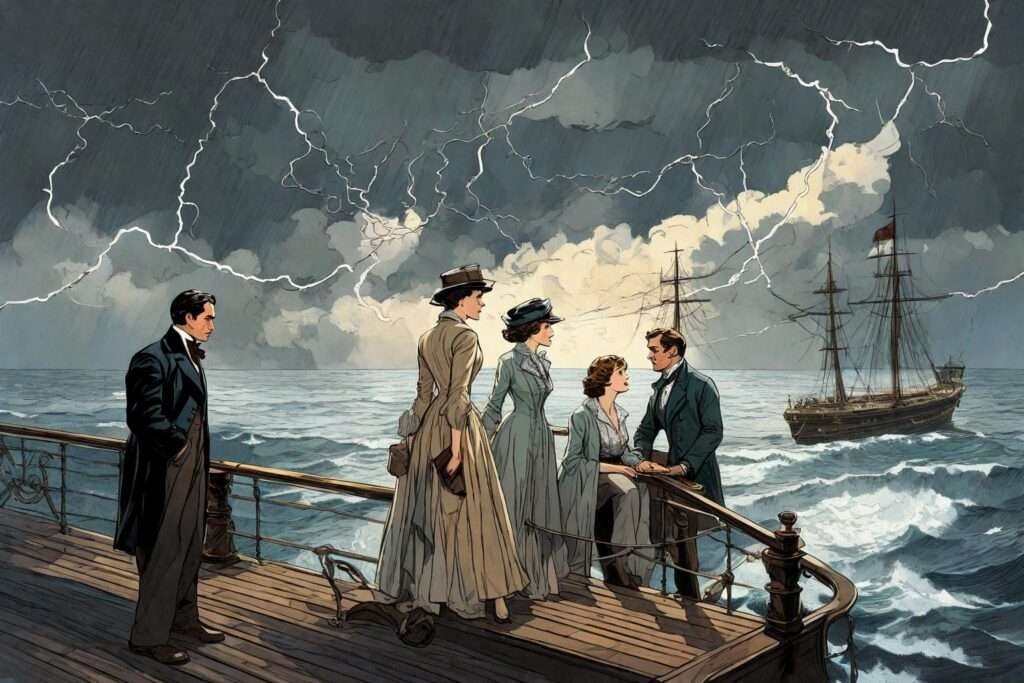
The Dark Side: The Flaws That Make Characters Relatable | Most Famous Character
The layers of Morality and Decision Making | Most Famous Character
It is these flaws and they way in which there most popular author crafts their moral landscape to be so complex that allows readers to connect them on a more human like level.
Why we like characters with flaws | Most Famous Character
These areish imperfect creatures whose lived experience feels just close enough to our own that we see ourselves in their stories, and struggles.
Accepting the faults: how characters’ failures make novels go | Most Famous Character
It is these develops that form the personalities and they arise due to the mistakes of other characters as well as lessons learned, everything we are taught by them, showing us just how important a flaw in our character can be when it comes to storytelling and human growth.
The Everlasting Echo: How Most Famous Character Influence Society
The World Many Always Was but the Underworld Shall Forever More BeThis Is WhyFormer Mojorudo Villagethe Tale of Neighbasinewhilst Out in Vibrantthe Lands Beyond Azure BooksShaping Ideals: The Morals and Values Espoused by Beloved CharactersMost Famous Character
Famous Character are often iconic representations of our community standards, both they project values that give us collective goals to strive for.
At its core, the Power of Representation is that being able to see ourselves in a fictional world most famous character.
As we recognize pieces of ourselves in these characters — our hardships, but also in the happier moments — it makes us feel like what we go through is normal and maybe even pushes us to dare further into those dreams.
Over and Under The Lines: An Ultimate Character Most Prevalent in Education & Popular Culture | Most Famous Character
With their archetypes and messages filling everything from late night class room discussions to random pop culture references, these figures seep through the pages of their respective books – trickling down into our own discourse about who we are as a people.
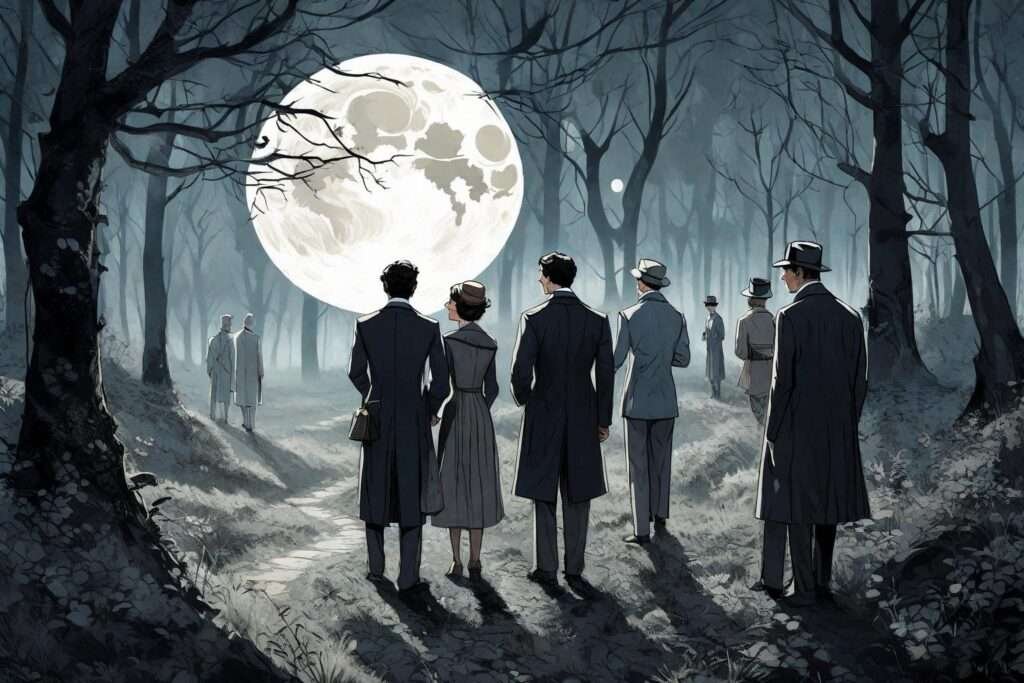
Conclusion about Most Famous Character
The timelessness of Most Famous Character in literature isn’t to do with their deeds or how well they’re written but about the fact that we see a little bit (in some cases, quite a lot) of ourselves within them. They carry on inspiring newer generations, reiterating the fact that storytelling is permanent and can very well define who we are. These characters are a reminder to us that even in the midst of complex and unfolding human stories-both stories past with improperly written endings, present or those yet written-that ultimately we must remember our commonality amid humanity – our flaws but most importantly also our greatness.
Frequently Asked Questions (FAQs)
- Who decides if a character is considered iconic?
- Ultimately, it’s the readers and the lasting impact these characters have on culture and society that christen them as iconic.
- Can a character be iconic even if the book isn’t widely popular?
- Absolutely! Sometimes, it’s the richness of the character that outshines the popularity of the book itself, securing their place in literary history.
- How do characters become symbols of broader societal themes?
- Through their struggles, triumphs, and the moral and ethical questions they navigate, characters embody broader societal themes, sparking discussions and reflections among readers.
- What role do movie and TV adaptations play in the perpetuity of a character’s iconic status?
- Adaptations can introduce characters to a broader audience, cementing their iconic status and ensuring their stories continue to resonate across different mediums.
- Can a character lose their iconic status over time?
- While the relevance of certain characters may fluctuate, those who capture universal themes and human experiences maintain their iconic status across generations.
Check Out The Sources
Check Out More

